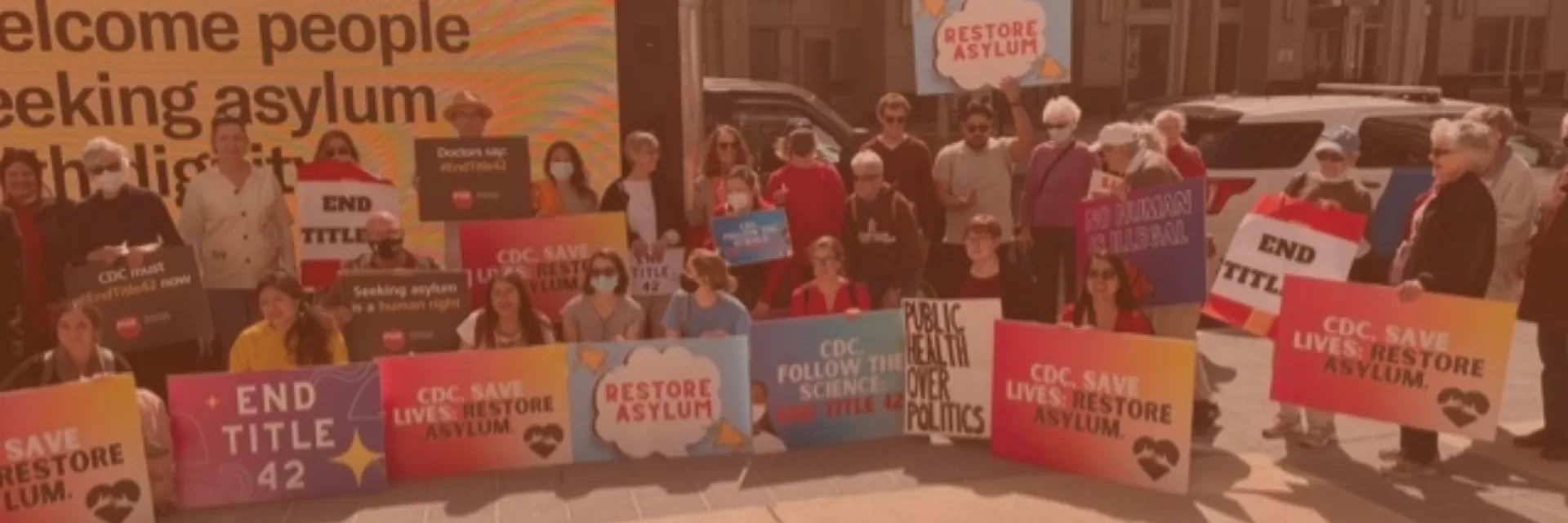Farmworker Awareness Week, Day Four: Pledge to Boycott Wendy’s
Bioparques workers who spoke to Times reporter Richard Marosi for an investigation published December 10, 2014, described subhuman conditions, with workers forced to work without pay, trapped for months at a time in scorpion-infested camps, often without beds, fed on scraps, and beaten when they tried to quit. (Harper's Magazine, 2016)
We are quite happy with the quality and taste of the tomatoes we are sourcing from Mexico. (Wendy's spokesperson, 2016)


